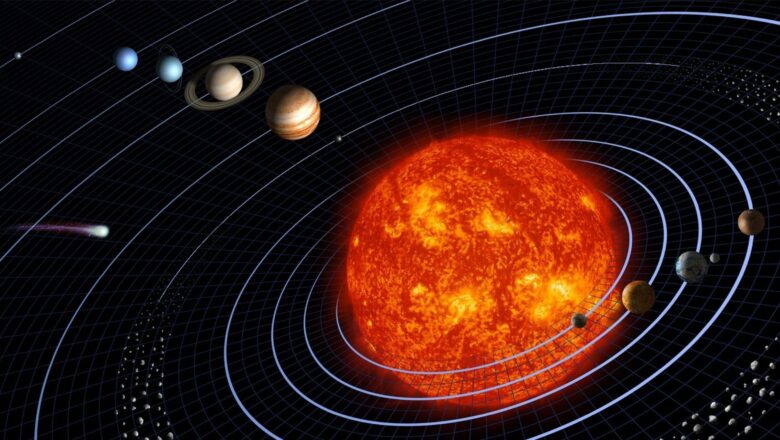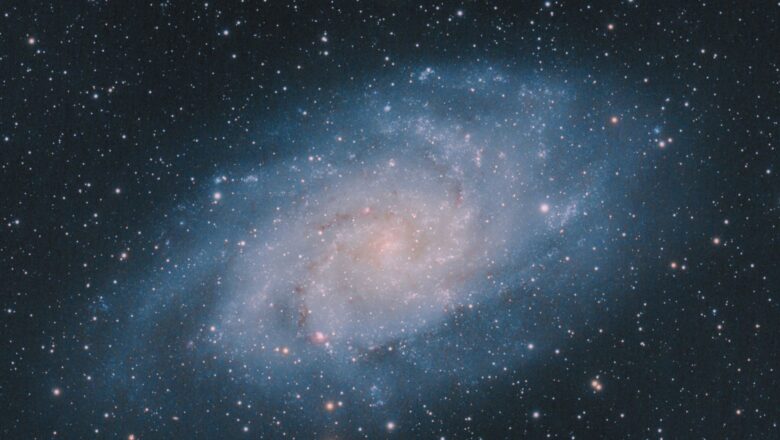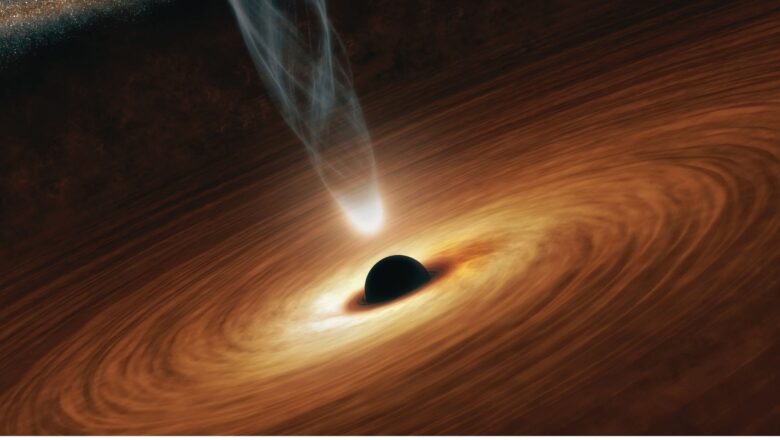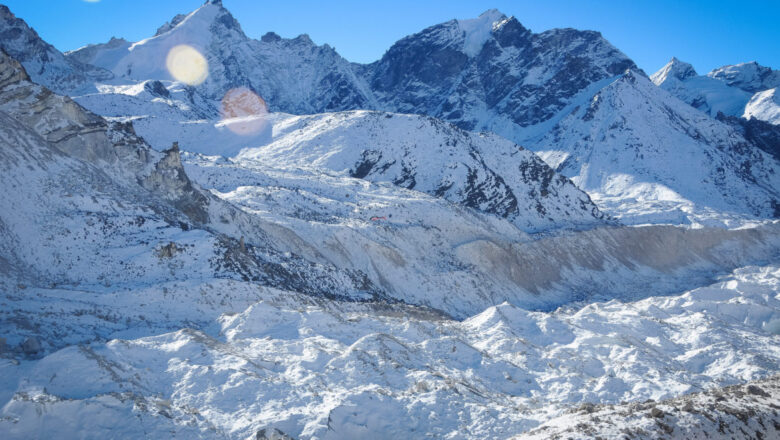
Scientists Demonstrate ‘Negative Time’ in Quantum Breakthrough
Researchers at the University of Toronto have achieved a remarkable milestone, demonstrating "negative time" in a cutting-edge quantum experiment. This phenomenon, where light seems to emerge from a material before entering it, challenges long-held notions about the flow of time and opens new doors to understanding quantum mechanics.
The research focused on atomic excitation a process where photons absorbed by atoms elevate electrons to higher energy levels. Typically, when these electrons return to their original states, they release the absorbed energy, causing a time delay in the photons' transit.
However, the Toronto team observed an unexpected twist: photons behaved as if atoms spent a "negative amount of time" in their excited states. This startling finding suggests that time, ...





